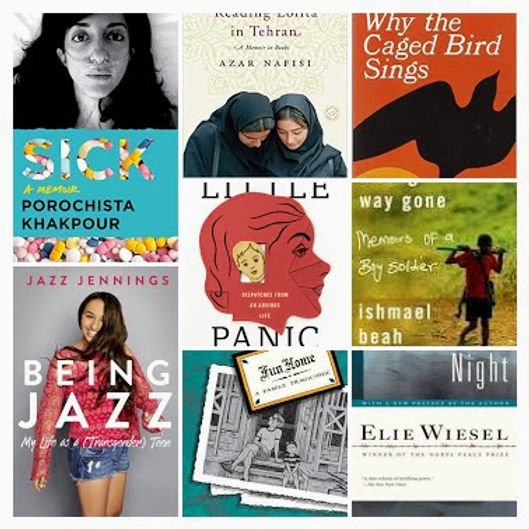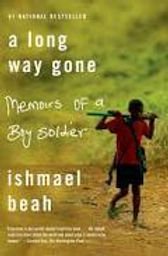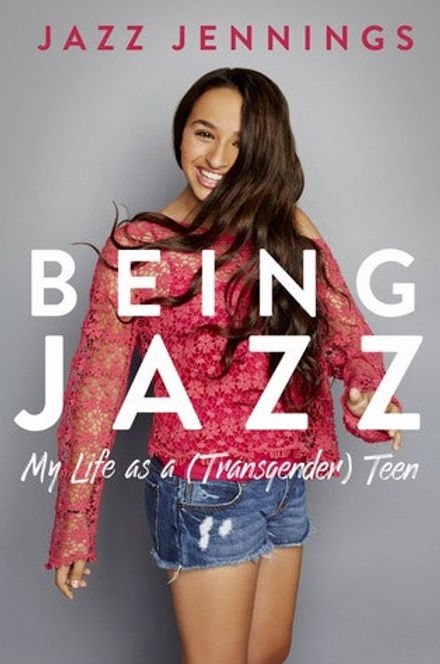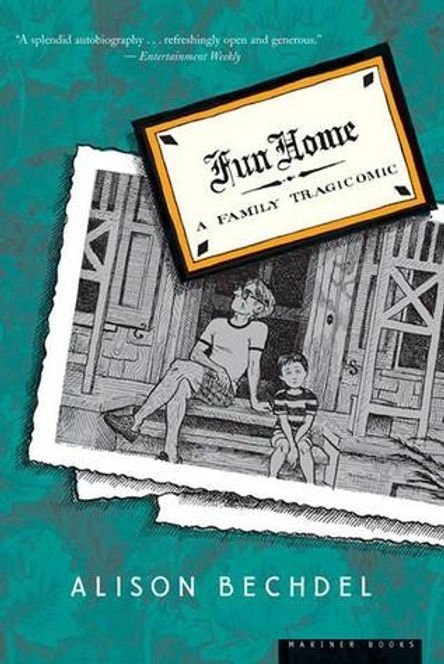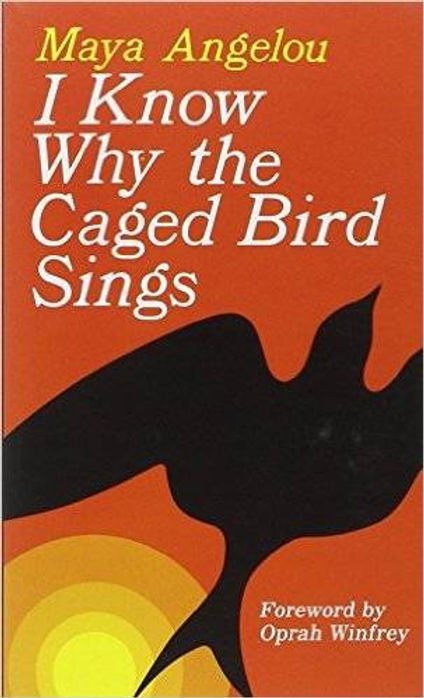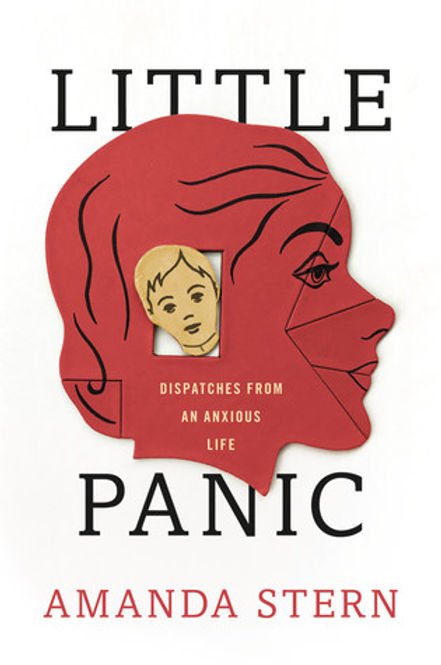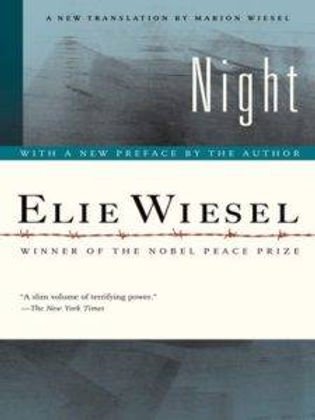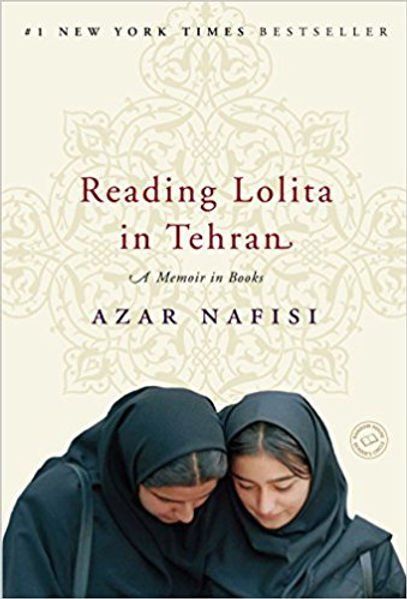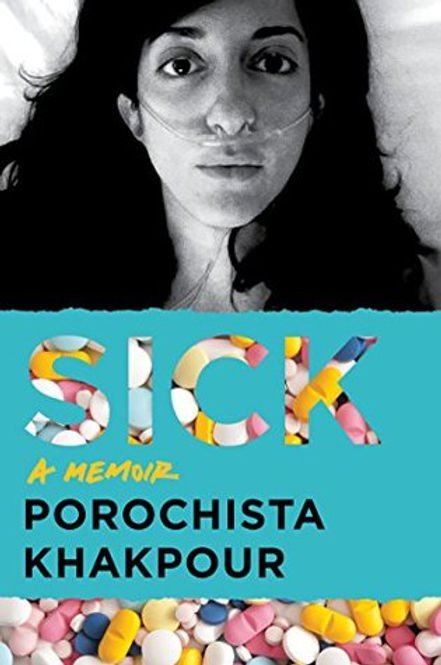Using Memoir to Inform Fiction Writing
One of the best tips I give writers who want to create a character outside of their own identity is, read. Read about the people you want to write about. Read authors who fall into that demographic of your character. Read, read, read.
But what to read? My TBR list has over 200 books on it so, trust me, I know the struggle of trying to pick a book to read. A good way to think about what to read is to focus your reading list as you would any of your research for your story. I find one of the best genres to read when doing research for a character, time period, or event is memoir.
So what is a memoir and how does it differ from an autobiography?
“The word comes from the French mémoire, meaning 'memory.' So in the simplest sense, memoirs are just that. They’re about the author remembering, reminiscing, and reflecting on experiences from their lives.” - Patricia Thang, Book Riot
While memoirs are factual in that they refer to real events and people they are also subjective because they are directly tied to the subject’s memory and perception of their lived experience. Autobiographies are more objective and more encompassing of the subject’s entire life as opposed to a relatively narrowly focused memoir.
Autobiographies can explain exactly what happened but memoirs help you understand how it felt to have it happen. Emotional connection makes a compelling character. How does it feel to be persecuted, what is it like to be disabled, how does it feel to live during a war?
The emotion, the narrow focus, and reflect on the events is why I like to use memoir as a research tool when writing fiction. Memory isn’t perfect people may forget all the facts but they don’t forget how they feel which is enormously helpful when trying to understand a person who has experienced something you are disconnected from, either by time, race, or life circumstances.
Here is a collection of memoirs to get you started:
A Long Way Gone: Memoirs of a Boy Soldier by Ishmael Beah
The devastating story of war through the eyes of a child soldier. Beah tells how, at the age of twelve, he fled attacking rebels and wandered a land rendered unrecognizable by violence. By thirteen, he’d been picked up by the government army, and became a soldier.
Being Jazz: My Life as a (Transgender) Teen by Jazz Jennings
In her remarkable memoir, Jazz reflects on these very public experiences and how they have helped shape the mainstream attitude toward the transgender community. But it hasn’t all been easy. Jazz has faced many challenges, bullying, discrimination, and rejection, yet she perseveres as she educates others about her life as a transgender teen.
Fun Home: A Family Tragicomic by Alison Bechdel
In this graphic memoir, Alison Bechdel charts her fraught relationship with her late father. Distant and exacting, Bruce Bechdel was an English teacher and director of the town funeral home, which Alison and her family referred to as the Fun Home. It was not until college that Alison, who had recently come out as a lesbian, discovered that her father was also gay. A few weeks after this revelation, he was dead, leaving a legacy of mystery for his daughter to resolve.
I Know Why the Caged Bird Sings by Maya Angelou
Sent by their mother to live with their devout, self-sufficient grandmother in a small Southern town, Maya and her brother, Bailey, endure the ache of abandonment and the prejudice of the local "powhitetrash." At eight years old and back at her mother’s side in St. Louis, Maya is attacked by a man many times her age—and has to live with the consequences for a lifetime. Years later, in San Francisco, Maya learns that love for herself, the kindness of others, her own strong spirit, and the ideas of great authors ("I met and fell in love with William Shakespeare") will allow her to be free instead of imprisoned.
Little Panic: Dispatches from an Anxious Life by Amanda Stern
The world never made any sense to Amanda Stern--how could she trust time to keep flowing, the sun to rise, gravity to hold her feet to the ground, or even her own body to work the way it was supposed to? Deep down, she knows that there's something horribly wrong with her, some defect that her siblings and friends don't have to cope with. Tenderly delivered and expertly structured, Amanda Stern's memoir is a document of the transformation of New York City and a deep, personal, and comedic account of the trials and errors of seeing life through a very unusual lens.
Night by Elie Wiesel
Born into a Jewish ghetto in Hungary, as a child, Elie Wiesel was sent to the Nazi concentration camps at Auschwitz and Buchenwald. This is his account of that atrocity: the ever-increasing horrors he endured, the loss of his family and his struggle to survive in a world that stripped him of humanity, dignity and faith.
Reading Lolita in Tehran: A Memoir in Books by Azar Nafisi
Every Thursday morning for two years in the Islamic Republic of Iran, a bold and inspired teacher named Azar Nafisi secretly gathered seven of her most committed female students to read forbidden Western classics. As Islamic morality squads staged arbitrary raids in Tehran, fundamentalists seized hold of the universities, and a blind censor stifled artistic expression, the girls in Azar Nafisi's living room risked removing their veils and immersed themselves in the worlds of Jane Austen, F. Scott Fitzgerald, Henry James, and Vladimir Nabokov. In this extraordinary memoir, their stories become intertwined with the ones they are reading.
Sick: A Memoir by Porochista Khakpour
For as long as writer Porochista Khakpour can remember, she has been sick. For most of that time, she didn't know why. All of her trips to the ER and her daily anguish, pain, and lethargy only ever resulted in one question: How could any one person be this sick? Several drug addictions, three major hospitalizations, and over $100,000 later, she finally had a diagnosis: late-stage Lyme disease. Sick is Khakpour's arduous, emotional journey—as a woman, a writer, and a lifelong sufferer of undiagnosed health problems—through the chronic illness that perpetually left her a victim of anxiety, living a life stymied by an unknown condition.

